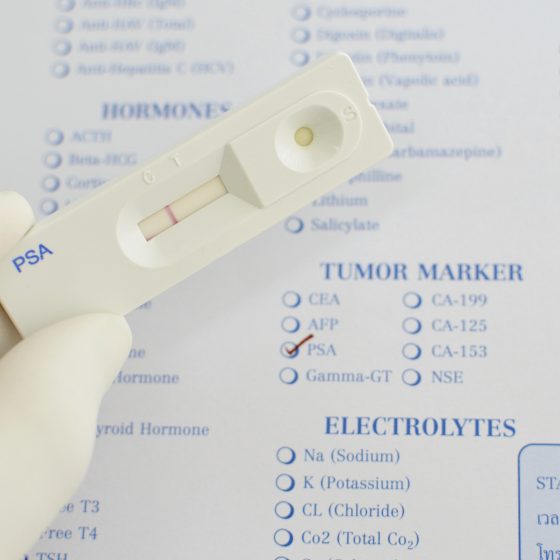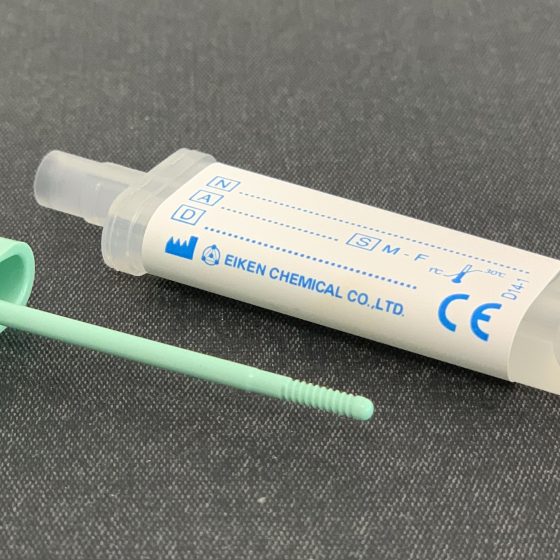PSA test
The PSA test is a blood test that measures the amount of prostate specific antigen (PSA) in your blood. It can help to diagnose prostate cancer. Your doctor or nurse takes a sample of your blood. This can be done at your GP practice. They then send this off to a laboratory to check the amount of PSA. When you have the test You might have a PSA test if you: have symptoms that could be caused by prostate cancer are aged 50 and over and have asked your GP for a test Doctors also check your PSA level as you



